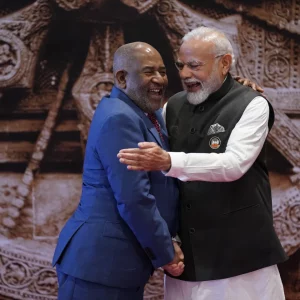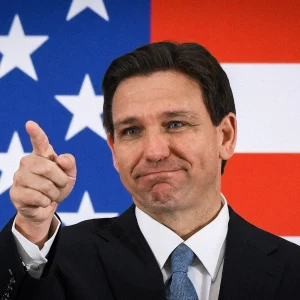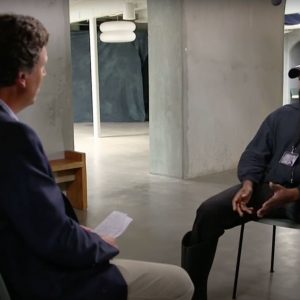
While the recent media buzz has focused on the Republicans’ takeover of Congress in the 2014 elections, community leaders and criminal justice advocates alike are celebrating the victories in efforts to end the war on drugs, specifically regarding the legalization of marijuana. In Alaska, Oregon, New Mexico, and Washington D.C., measures concerning the legalization of marijuana or the decriminalization of marijuana possession were passed; California, which has one of the most convoluted and overcrowded prison systems in the country, made huge strides by approving Proposition 47 to change low-level, nonviolent offenses (which includes drug possession) from felonies to misdemeanors. Never before in U.S history have so many drug policy reform proposals been put on the ballot, and the 2014 election results in both liberal and conservative states show that the general mood of the nation is moving towards taking a more liberal stance on drug possession and the reduction of our prison populations.
This 2014 election results have made ever clearer the transformation of public opinion regarding drug regulations over the past 40 years. The ‘hysteria’ over widespread use of drugs in the 1980’s under the Reagan administration, helped in part by often twisted and racialized portrayals of crack cocaine, led to the zero-tolerance drug policies and penalties that defined the war on drugs and were supported by a majority of the public. However, as communities observed skyrocketing incarceration rates, the disproportionate targeting of Latino and black communities, and the draconian legal measures taken against nonviolent drug offenders, the public began to doubt the effectiveness and logic behind the War on Drugs. This turning of public opinion has been especially true with peoples’ increasingly negative perception of our increasingly militarized police forces, an issue that Ferguson has further highlighted in our national discourse. Since funding for law enforcement is often tied to its ‘effectiveness,’ (aka, how many arrests they make, etc) marijuana-related offenses have often been used by police and law enforcement branches to secure more funding and is tied to the militarization of police forces. With all the different issues that the war on drugs encompasses, it is no surprise that movements to end the war on drugs and criminalization of marijuana has won so much broad-based support, including those of high-profile politicians who admit to having used cocaine and/or marijuana before.
While perspectives on marijuana legalization and the war on drugs used to be cleanly split among political party lines, these two issues have garnered support from numerous coalitions and liberal and conservative voters alike. The election results this past Tuesday was an “unprecedented success” for the national marijuana legalization movement, and shows that the measures passed in Washington state and Colorado are by no means isolated incident – rather, ending the war on drugs and the criminalization of marijuana is an issue that important to voters all across the country.





Be First to Comment